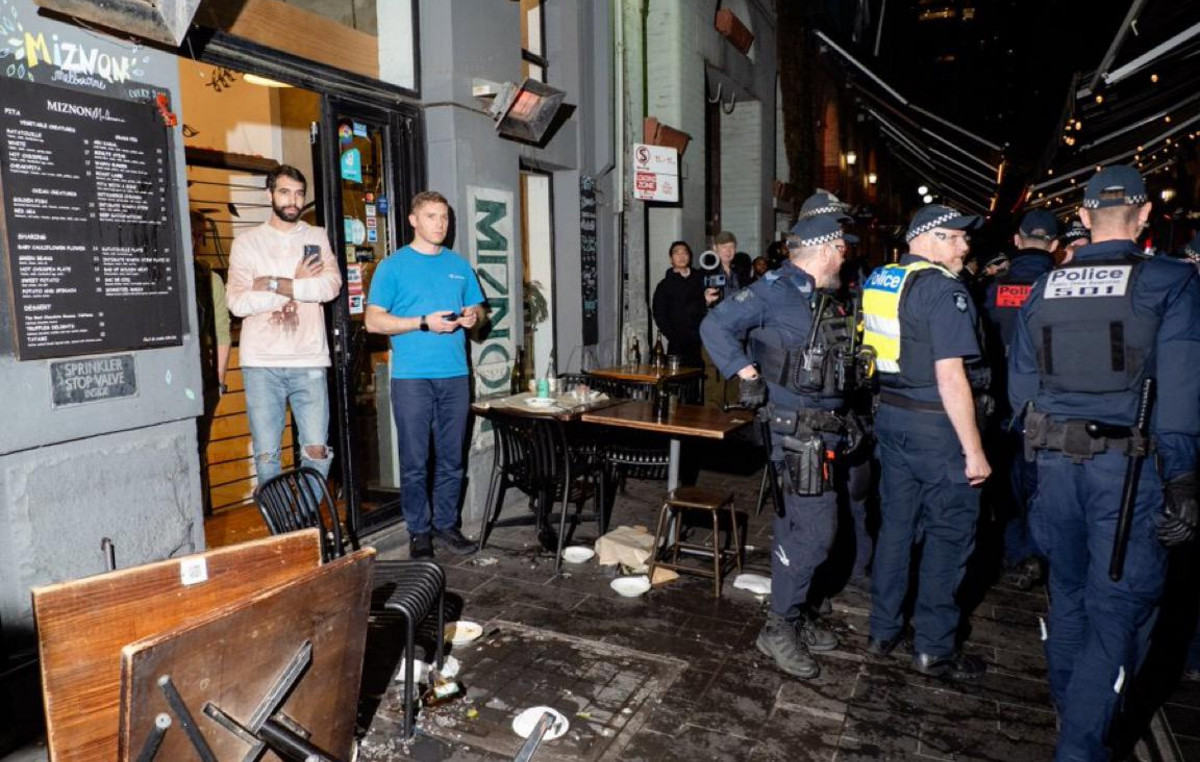Hamas called on Palestinians on Wednesday (28) to march to the Al-Aqsa Mosque in Jerusalem at the start of Ramadan, which will begin on the night of March 10, raising the stakes in negotiations for a truce in Gaza, which the United States President Joe Biden expects it to be completed by next week.
Hamas leader Ismail Haniyeh's appeal follows Biden's comments, broadcast on Tuesday (27), that there was an agreement in principle for a ceasefire between Israel and Hamas during Ramadan, with the release of hostages held by militants.
Biden said he hopes that deal, which one source said would also allow more aid into the Palestinian territory and the release of Palestinian prisoners, can be finalized by March 4.
Both Israel and Hamas played down the prospects of a truce and Qatari mediators said the most contentious issues had not yet been resolved.
Israel said on Monday it would allow Ramadan prayers at Jerusalem's Al-Aqsa Mosque, but would set limits according to security needs, preparing for possible clashes if crowds of Palestinians attend and violence in Gaza. is still on the rise.
“This is a call to our people in Jerusalem and the West Bank to march to Al-Aqsa from the first day of Ramadan,” said Haniyeh, who described the Oct. 7 Hamas attack on Israel as a move to end the attacks. Israelis to Palestinian territories and sites.
In a televised speech, he stated that Hamas was demonstrating flexibility in negotiations with Israel, but at the same time was ready to continue fighting. Israel has said that any deal with Hamas would require the group to abandon “extravagant demands.”
Hamas is evaluating a proposal, agreed by Israel in talks with mediators in Paris last week, for a 40-day ceasefire, which would be the first prolonged truce in the five-month war. The two sides have delegations in Qatar this week to define details.
A senior source close to the negotiations said that under the deal, Israeli troops would withdraw from populated areas. But the agreement does not appear to meet Hamas' demand for a permanent end to the war and Israeli withdrawal, nor to resolve the fate of Israeli men of combat age who are detained by Hamas.
Haniyeh also called on the self-styled Axis of Resistance – Iran's allies consisting of Lebanon's Hezbollah, Yemen's Houthis and the Islamic Resistance in Iraq – as well as Arab states, to step up their support for the Palestinians in Gaza.
“It is the duty of Arab and Islamic nations to take the initiative to end the famine conspiracy in Gaza,” Haniyeh said, referring to what Palestinians say is Israel's deliberate policy to deny food.
Israel says the blockade of Gaza is essential to destroy Hamas, which it considers an existential threat since the October 7 attacks, but which is allowing in humanitarian supplies and holding aid agencies responsible for failures that Israelis say , led to acute famine.
Source: CNN Brasil
Bruce Belcher is a seasoned author with over 5 years of experience in world news. He writes for online news websites and provides in-depth analysis on the world stock market. Bruce is known for his insightful perspectives and commitment to keeping the public informed.







